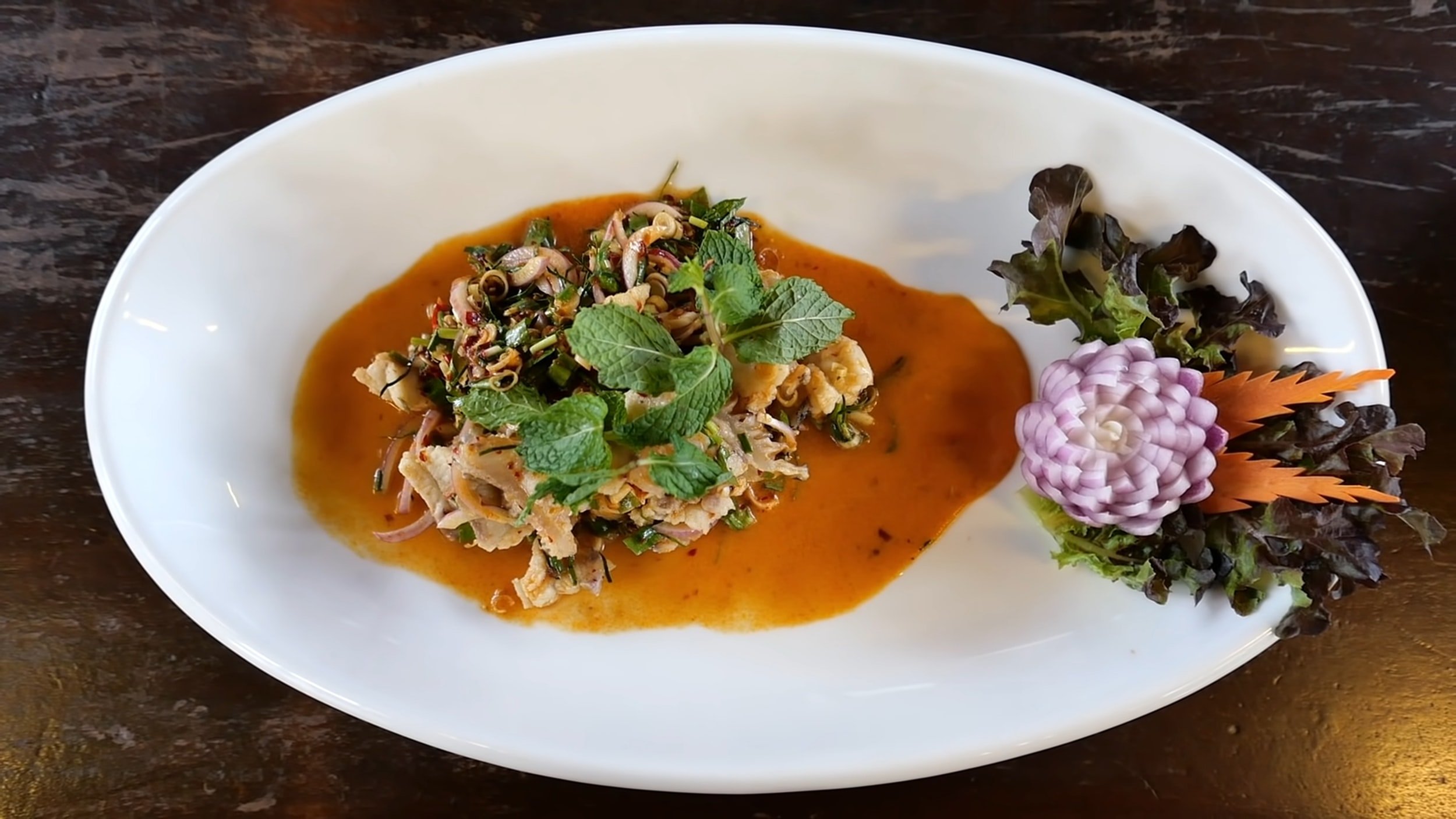Do the French Accommodate Special Diets?
We had a great chat on my Facebook page recently about how and/or whether to accommodate special diets when entertaining. The conversation was triggered by a reader, who wrote in a private message:
“l have been trying to have people over for dinner these days. l am getting frustrated by menu “requests”: low fat, vegan, no fish, vegetarian … you get the picture. While l want to be a good host, is this normal? I don’t remember this in my parents days. What would the French do? Get new friends?”
I was especially intrigued by the question, “What would the French do?,” and so I delved deeply into my memories à table in France. Let’s start with that. In my next two posts, I’ll talk about what today’s French hosts think. Then — because we don’t all live in France and because special diets are here to stay — I’ll talk about what I do when entertaining in the U.S.A., as well as offer a few brilliant suggestions given by others on the Facebook page.
Do French Hosts Accommodate Special Diets?
I have been lucky enough to dine in French homes often over the years, and I do not recall a French host ever asking me if I had any special dietary preferences or needs. And I remember eating (and loving) pretty much everything that came to the table … except once.
No matter how dressed up they come to the table, I still don’t love kidneys—though I might do a better job of hiding that fact than I did when I was 16. Photo via Unsplash.
Montceau-les-Mines, Burgundy, France
At dinner one night, on a high school exchange trip to Burgundy in the late 1970s, the mother of the family served a main dish of braised kidneys.
I knew, absolutely, that I could not refuse this dish. Eating what was put before me on the table came as natural to me as breathing. And honestly, I don’t remember being scolded or admonished or taught any kind of lesson about this. It was probably something I learned about the time I learned to walk.
Me, à table, with the Lavigne family. From left to right: Mme. Lavigne, me, Annie, and Françoise.
Please understand that I take no credit for this. It was a combination of who my parents were, the times in which we lived, and the long stretches of my life spent on an American Midwestern farm, where we learned just how much work went into everything that came into the table.
And yet, I could not choke down those kidneys. Every time I brought even the tiniest morsel to my mouth, the smell of them truly turned my stomach and my mouth would not open. I tried my best to push them around and make it look like I was eating them. I managed to eat a few mushrooms from the braise.
The mother of the family noticed that I was not enjoying them, and she said something to the effect of, “Don’t worry — even in France, some of the young people do not like to eat kidneys.”
When the cheese course came, she cut me a few larger slices of the cheeses that she knew, from our previous meals together, that I liked very much. And I made sure to let everyone know how much I loved the cheeses by accepting a few more small portions—avec plaisir—when offered.
How simple was that? A few takeaways:
• My French host simply served me what her family was eating. It would never have occurred to her to make everyone else eat what 16-year-old Americans preferred to eat.
• Though I could not eat those kidneys, I did my very best to be respectful of what was served, and to try to eat them (even though I failed).
• As a perceptive host, Mme. Lavigne noticed that I was not enjoying the kidneys. And she did her best to make me feel better about this, saying that it was not uncommon for young people not to like kidneys. Even then, I had a feeling this was not the case (the young girls, Annie and Françoise, ate them with gusto). Madame’s graciousness touches me to this day.
• Mme Lavigne made sure I had plenty to eat (we had started with pâté, which I loved, and finished with both a cheese course and dessert).
• I made sure that Mme. Lavigne knew how much I enjoyed the cheeses and desserts and everything else that came to the table, and I made sure she knew I had had plenty to eat.
• As a bonus, I got a beautiful memory out of it all.
It boils down to this: Be respectful as a guest, be gracious as a host (and have plenty of food). Could it really be that simple? Mostly, yes.
In a few more days, I’ll post on what today’s French hosts think about special dietary requests. Then, we’ll look at what we should do in the U.S., since dietary restrictions are likely here to stay.



